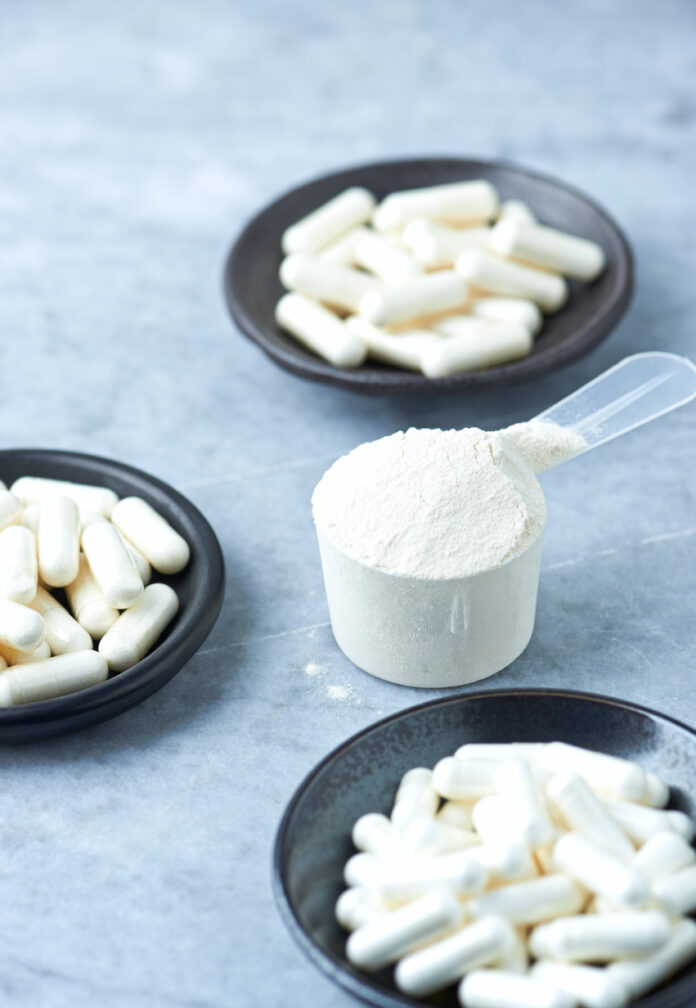Late last month, ACT Chief Health Officer Dr Paul Kelly announced an ACT Health investigation into the sale of sports and other supplements in the ACT is underway, following complaints to the Health Protection Service.
The products that have been found as part of the investigation are labelled to contain substances such as selective androgen receptor modulators (SARMs), cardarine, tadalafil, oxedrine, melatonin and phenibut.
It is not only illegal for supplement stores to supply these substances, but it is also illegal for people to possess some of these substances without a prescription.
“The products are being sold locally and primarily through sports supplement stores, which is why this is so concerning and why Canberrans need to be warned,” Dr Kelly said.
ASADA Chief Science Officer Naomi Speers told Canberra Daily all of the substances mentioned as part of the ACT Health investigation present health risks.
“In addition to the substances named by ACT Health, there are other ingredients found in supplements which are prohibited in sport by WADA (World Anti-Doping Agency).
“These substances include higenamine, methylhexaneamine, dimethylbutylamine and octodrine,” she said.
When asked how prevalent dangerous substances are in sports supplements, Ms Speers pointed to a 2016 survey of Australian supplement products that identified approximately one in five of the tested supplements contained a substance that is prohibited in sport and that was not included in the listed ingredients.
“The supplements were tainted with a range of stimulants and anabolic agents,” she said.
A spokesperson for the Therapeutic Goods Administration (TGA) told Canberra Daily that sports supplements available for purchase over the internet may not be subject to the same level of quality control as medicines regulated by the TGA.
“Some medicines, particularly purchased from overseas websites, may not disclose that they contain prescription ingredients.
“The TGA continually advises consumers to exercise extreme caution when purchasing medicines from overseas internet sites, particularly if the supplier does not require a prescription which would be a requirement in Australia for that product,” they said.
The spokesperson advised consumers to look for the Australian Listing Number or Australian Registration Number on the product label to know they have been approved by the TGA.
“If listed medicines are found to contain ingredients that are not permitted for use in listed medicines, or if the medicine is otherwise determined to be unsafe … compliance action is taken to remove the product,” they said.
Ms Speers’ advice to consumers is to speak with a sports nutritionist or dietician before deciding to consume supplements and check that the supplement product has been batch tested by a third-party testing agency to reduce the risk.
She recommended the ASADA Clean Sport mobile app, which allows consumers to find supplements which have been screened by third parties, and provides a risk analysis for other supplements.
“While not a 100% guarantee, the chances of consuming a contaminated product are significantly reduced,” she said.
For more:









